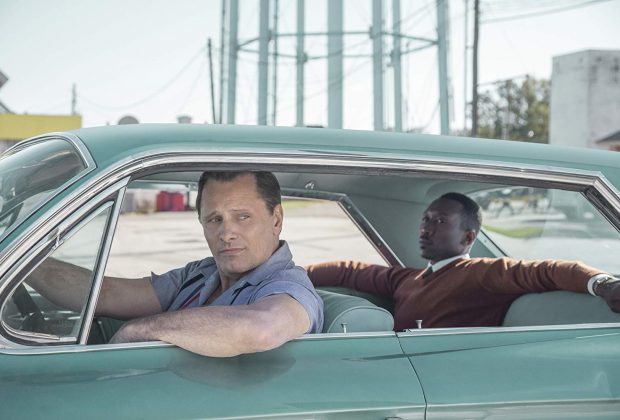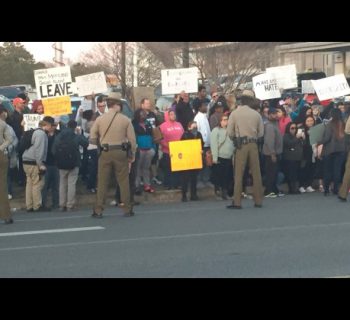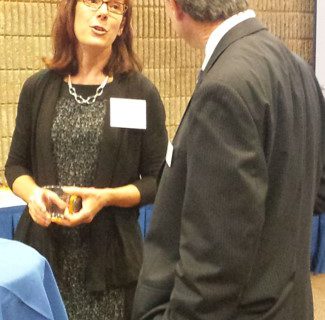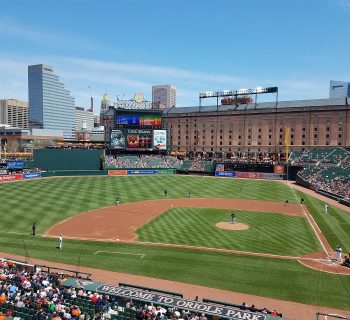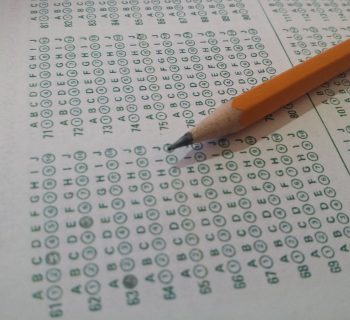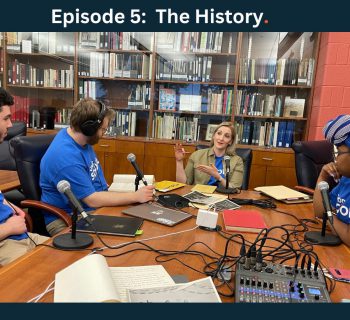Rashard Davis
*Articles reflect the views of the author and or those quoted and do not necessarily represent the views of CCBC or “The CCBC Connection.”
“Green Book,” its namesake based off “The Negro Motorist’s Green Book” by postal office worker Victor Hugo Green, made waves last year and has won many awards including, 3 Golden Globes, 3 Academy Awards, as well as the top prize of Best Picture. The film tells the story of Italian-American club bouncer Frank “Tony Lip” Vallelonga being the chauffer for African-American Pianist Donald Shirley as the latter takes a concert tour through the Deep South of The United States.
The film, which was directed by Peter Farrelly and co-written by Tony Lip’s son, Nick Vallelonga, has been praised by critics and audiences for its script, direction, music and the performances of Actors Viggo Mortensen and Mahershala Ali. Ali even won an Academy Award and Golden Globe for his performance. But the film has also been criticized for its supposed inaccuracies, mostly by parts of Mr. Shirley’s family, as well as quipping up the “white savior” narrative.
While the film does have a few flaws, the film is still enjoyable because of the musical score, the set designs, and the performances of the film’s two leads. It is also very knowledgeable and poignant for those learning about privilege and racial relations. And it doesn’t really take on the full scope of the “white savior” narrative.
One reason is that Mr. Shirley asked to go down South for a tour, a fact confirmed in the film by one of his bandmates, Oleg. Later on, near the end of the film, Oleg states that Shirley wanted to do this tour to change people’s hearts about how to act towards African-Americans.
Another reason may be that instead of Tony being the sophisticated one and Don being the casual one, the roles are switched around with Don being sophisticated and Tony being casual.
Despite that, Don is frequently in trouble in the South with some racist policies and even while swimming with a white man at a YMCA branch in Macon, Georgia, one of their stops for a show. One climatic scene was after Don and Tony get released from jail in a “Sundown Town,” a whites-only town where African-Americans would have to get out before nightfall, they argue about who is the most disadvantaged. Tony talks about his life and his work, but Don bursts out of the car and tells him about his struggles and not being accepted by anyone at all. His closing line, though, will stick with people long after the credits roll: “So, if I’m not black enough and if I’m not white enough and if I’m not man enough, then tell me, Tony, what am I?”
Another climatic scene was the last show of the tour in Birmingham, Alabama, where Don is set to play at a country club. However, the country club is segregated, and when Don tries to eat in the club restaurant, he is told he is not allowed. Don decides to leave with Tony after he threatens to leave if he’s not served in the restaurant. They decide to eat at a bar down the road, and Don plays with the local band.
The movie may look optimistic compared to a more brutal film like Best Picture Nominee, BlacKkKlansman, but the film is a start to talking about race relations, especially for people who aren’t aware of their privilege or don’t really know how to combat racism in their day-to-day lives.
It is also very important to look back at how African-American motorists got around the United States on a road trip in a time period where they couldn’t stay at every motel or eat at many restaurants. So, check this movie out if you want to experience a feel-good road-buddy movie, especially if you are starting to get more socially conscious.
*Articles reflect the views of the author and or those quoted and do not necessarily represent the views of CCBC or “The CCBC Connection.”


